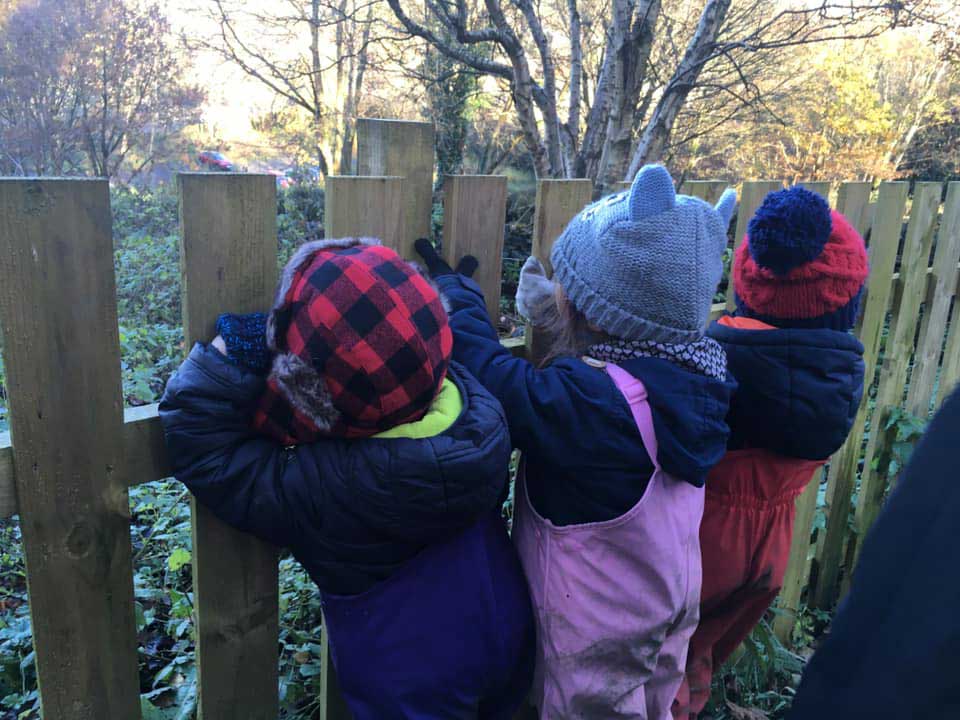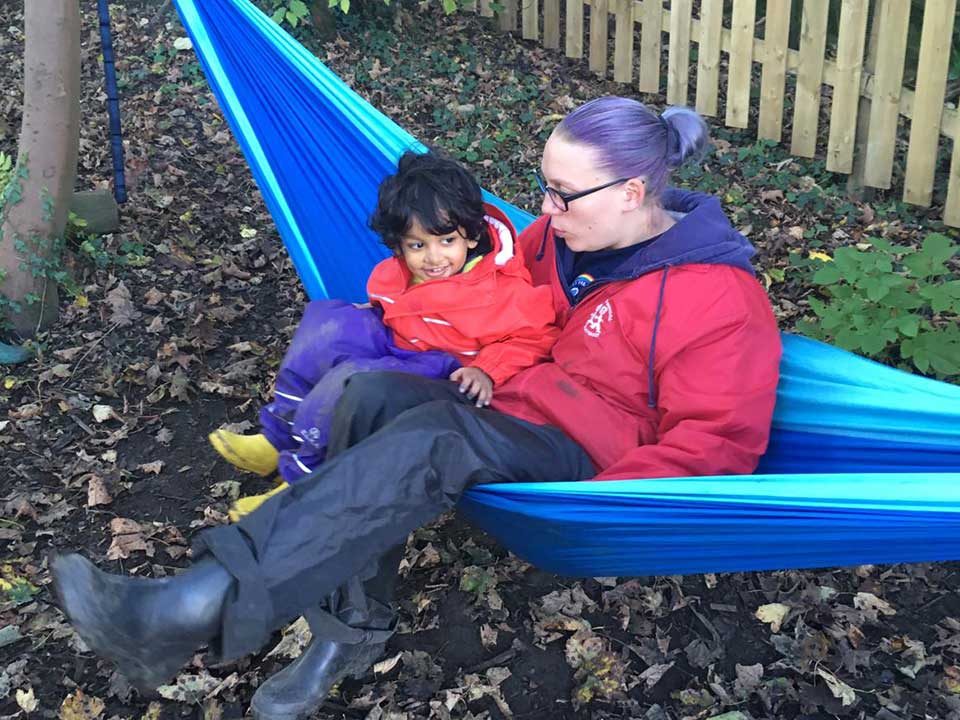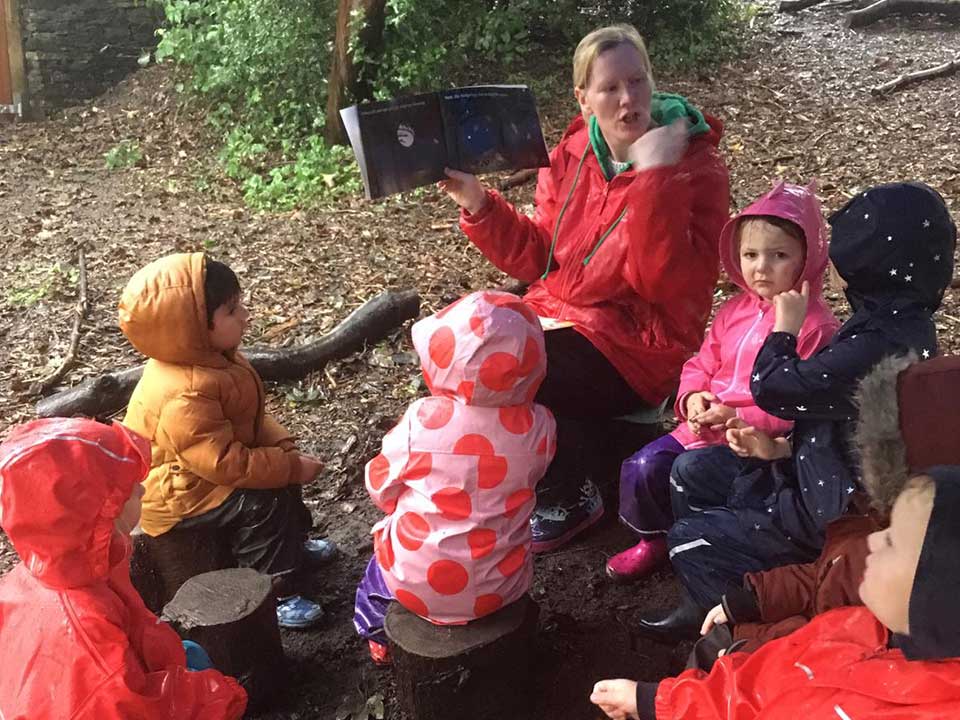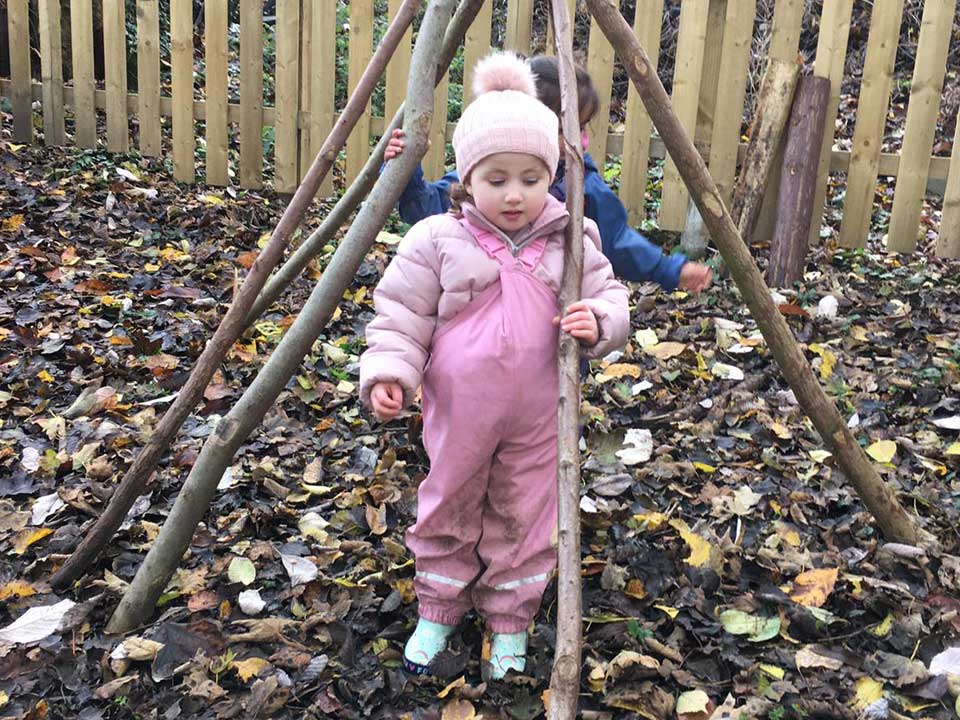Our ‘Curiosity’ Journey
You might be mistaken for thinking you have walked into a ‘bric-a-brac shop’ when you walk into the preschool, the fact is we have just begun our journey towards achieving the Curiosity Approach accreditation.
What is the curiosity approach?
The Curiosity Approach is the style of delivering the early years learning curriculum that evokes children’s awe and wonder in the world and their environment around them as they interact with it.
The provision of interesting, carefully constructed play spaces, enhanced with invitations to play and provocations to develop children’s learning both indoors and outdoors enables the children to;
- Become independent, self-motivated & develop a deep love of learning
- Become the thinkers and doers of the future
- Become the very best version of themselves they can possible be
- Be curious, investigate, ask questions and problem solve
- Become empowered and develop their self-esteem
- Develop their creativity
Why The Curiosity Approach?
We believe the Curiosity Approach will fulfil the hopes and aspirations you have for your child’s early education. Although this approach is exciting and quite new to us at Lindley Preschool it is built upon solid, underpinning early years philosophers and education curriculums including;
Loris Malaguzzi (Reggio Emilia. Italy)
Who believes that the learning environment is the child’s “Third Teacher” after their parents and family and us as early years professionals. He suggests the environment should be filled with natural light, order and space.
Rudolph Steiner (Austria)
Who emphasises that young children benefit from an unhurried and stress-free environment where there is time to discover the world around them in order for them to master social, physical, speech and language and other life skills.
Te Whariki (New Zealand)
An education curriculum that enables children to be “confident and competent learners and communicators with healthy bodies, minds and spirits who are secure in their sense of belonging and in the knowledge that they make a valuable contribution to society.”
Montessori
Maria Montessori believes that the child should be placed at the centre of the education process, an education that’s is hands on for children, self-directed and supports collaborative play.
